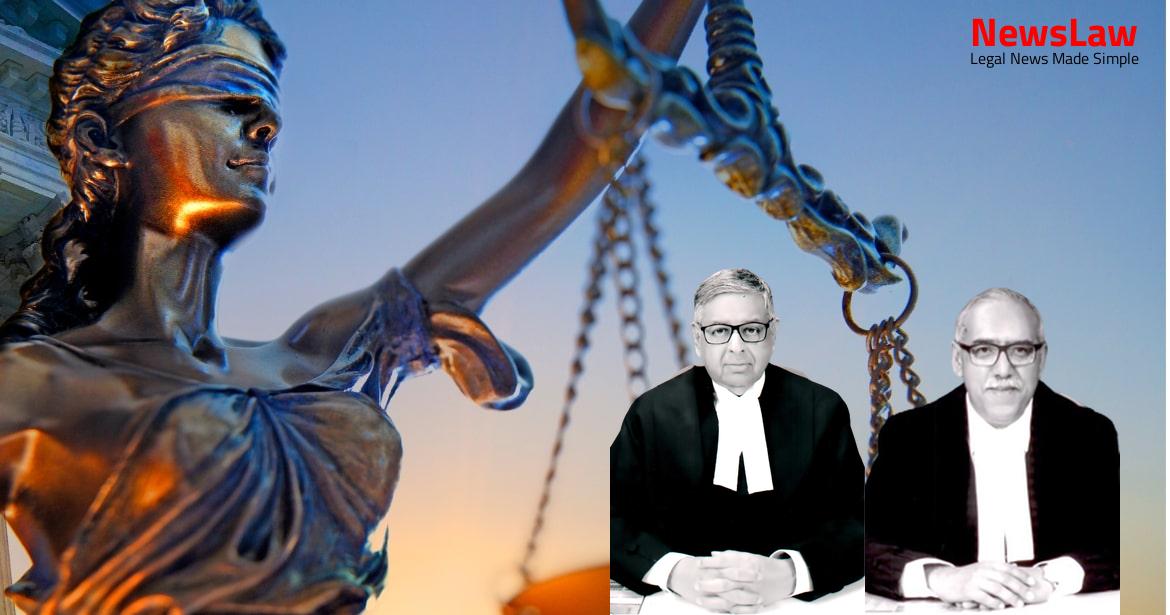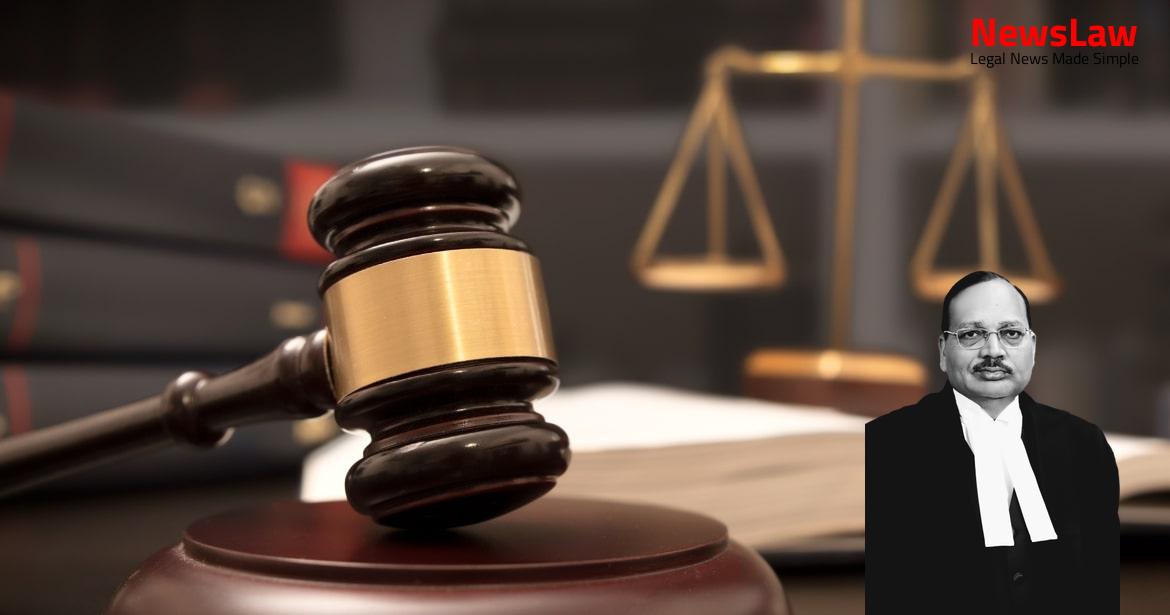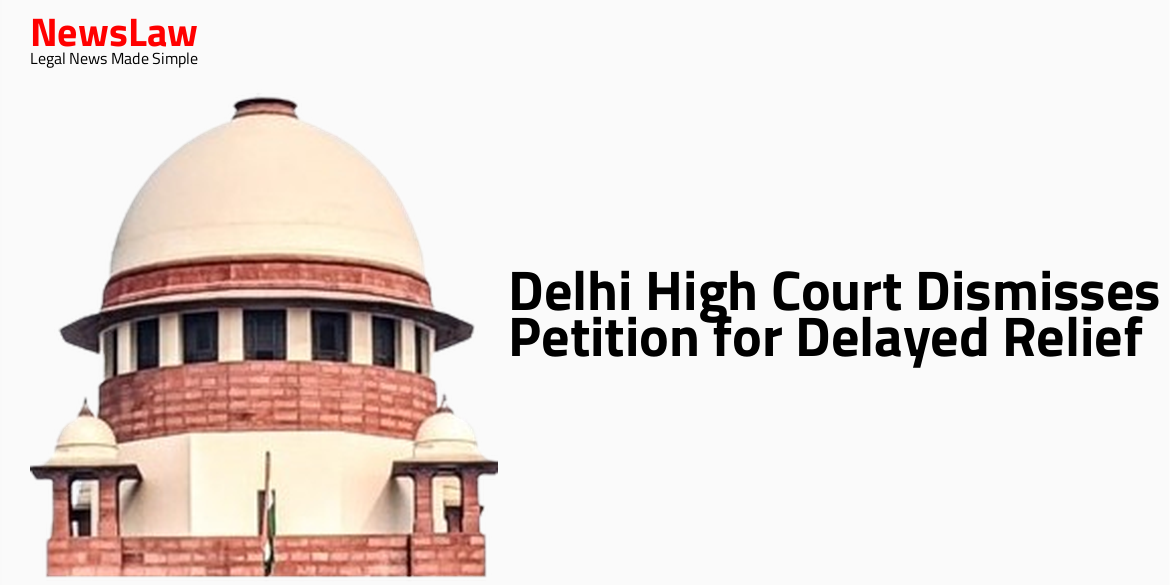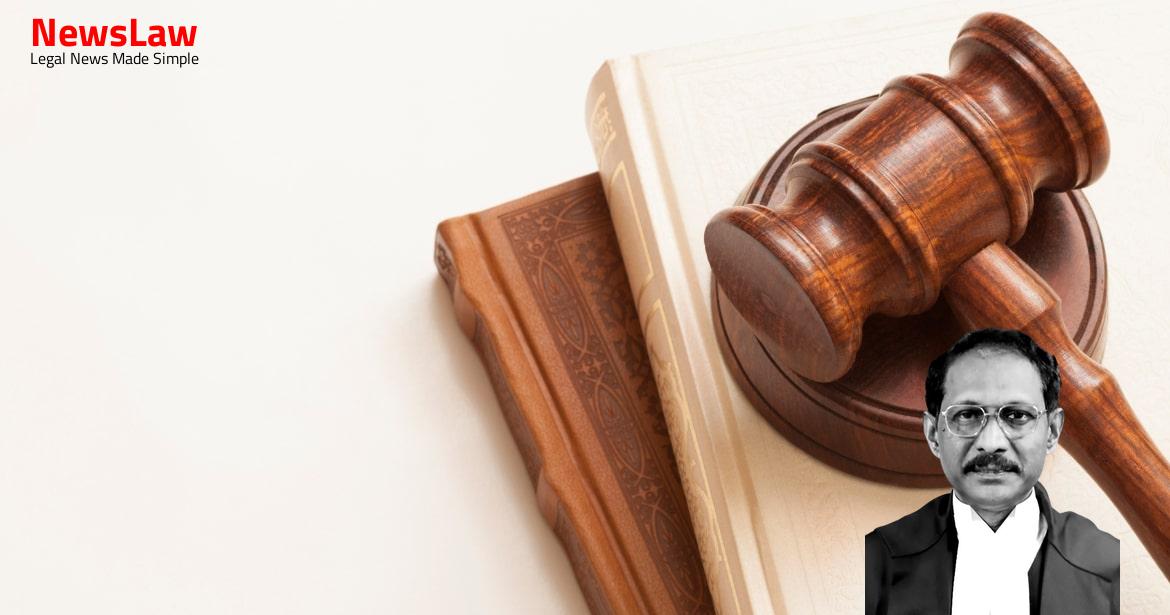In a recent legal case, the court delved into the complex realm of customs valuation rules regarding engineering and supervision charges in import transactions. The case sheds light on the intricacies involved in determining the assessable value of imported goods, particularly in relation to post-importation services and activities. The court’s legal analysis provides crucial guidance on how such charges should be interpreted within the framework of customs laws and regulations.
Facts
- Two contracts for modernization of SAIL’s rolling mills at the Durgapur plant in West Bengal are under dispute.
- The customs authorities added design and engineering fees, supervision charges, and other costs to the invoice value of imports by SAIL.
- The contracts involved supplying plant, equipment, materials, and services on a turnkey basis.
- SAIL argued that import duty should only apply to the plant and equipment prices, as they included design and engineering costs.
- The Commissioner of Customs directed additions to the invoice value, considering the interdependence of supplies and services.
- SAIL’s appeals were successful at the Customs, Excise, and Service Tax Appellate Tribunal, Kolkata.
- The contracts involved German companies and Indian entities forming consortia to fulfill SAIL’s tender contract packages.
Also Read: Legal Analysis: Ownership Dispute and Validity of Will Deed
Arguments
- Mr. Bagaria argued for exclusion of post importation services from a foreign consortium
- Mr. Bagaria referred to Note to Rule 4 ‘Price actually paid or payable’ in support of his argument
- The Note specifies that the price actually paid or payable is the total payment made by the buyer to or for the benefit of the seller for the imported goods
- Shri Ashok Desai, Senior Counsel for the appellant, argues that under Chapter Heading 49.06 of the Customs Tariff Act, 1975, plans and drawings for engineering and industrial purposes as well as their photographic reproductions and carbon copies are exempt from customs duty.
Also Read: Analysis of Curative Jurisdiction in Legal Dispute
Analysis
- The Tribunal found that the technical services agreement was solely for setting up, commissioning, and operating the imported plant in India.
- The Revenue argued that as it was a turnkey project, the importation of equipment and post-importation project implementation were interdependent.
- There was no dispute over the services related to the designs, drawings, and engineering/technical services for plant direction and project implementation.
- SAIL contended that it was not a condition for them to obtain design and engineering services for post-importation activities solely from the supplier.
- The Tribunal upheld that 10% of certain charges attributed to a pre-import stage were not to be added to the assessable value.
- The genuineness of contracts between the appellant and SNP was not in question.
- Reliance on the decision of the Supreme Court in Collector of Customs (Preventive), Ahmedabad Vs. Essar Gujarat Ltd., 1996(88) ELT 609 (SC) is misplaced.
- The Supreme Court held that only certain specific payments related to dismantling a plant and technology transfer could be added under Rule 9(1)(e) of the Valuation Rules, not all engineering and consultancy fees.
- The disputed amount in this case involved payments for engineering, design work, and necessary components for production of imported goods, which is different from the facts in the Essar Gujarat case.
- The decision in Essar Steel and Essar Gujarat cases is distinguishable as they involved payments for licensing agreements with a third party, unlike the present case.
- The case Commissioner, Delhi Value Added Tax vs ABB Limited dealt with works contracts and movement of goods for computing value-added tax, which is not directly relevant to the issue at hand.
- The Tribunal’s finding in Indo Gulf Corpn. Ltd. v. Commr. of Customs supports the inclusion of supervision charges in the assessable value of imported goods.
- The Tribunal found that certain payments for services related to design, engineering, and supervision were necessary for setting up a gas cleaning plant, and therefore, should be added to the assessable value.
- Payments made in foreign exchange towards supervision charges during design, erection, and commissioning are to be included in the assessable value of imported goods.
- The Tribunal’s decision in the case of Andhra Petrochemicals vs Collector of Customs, Madras also supports the inclusion of certain charges in the assessable value of imported goods.
- Transaction value of imported goods shall be the price actually paid or payable for the goods when sold for export to India.
- The value may be adjusted in accordance with the provisions of Rule 9 of the rules.
- In case of related buyers and sellers, the transaction value shall be accepted if the relationship did not influence the price.
- The transaction value in related party sales should closely approximate the value of identical or similar goods in sales to unrelated buyers in India.
- Additional costs and services incurred by the buyer but not included in the price paid for the goods should be added to determine the transaction value.
- Value of goods and services supplied by the buyer free of charge or at reduced cost should also be accounted for in the transaction value.
- Royalties, license fees, and other payments made by the buyer as a condition of sale should be included in the transaction value.
- The transaction value should follow fully competitive conditions, not involve abnormal discounts, and not have special discounts limited to exclusive agents.
- Duties of customs are levied on goods based on their value, determined as per the rules and regulations.
- Tariff values may be fixed for imported goods based on trends of value, and duty shall be charged accordingly.
- The value of imported goods includes costs of transport, handling charges, and insurance.
- The rate of exchange for currency conversion is determined by the Board as per the Foreign Exchange Management Act, 1999.
- Original orders stated that drawings and specifications were for post-importation work, not related to imported equipment.
- SAIL’s stand was consistent that no condition linked import of equipment with post-importation work.
- No requirement specified for import of equipment to be followed by post-importation work.
- In the present appeal, authorities invoked Section 9(1)(e) based on the interconnection of all scheduled items with post-import activities.
- Both import consignments were treated as part of the same contract due to their link with post-import stage activities.
Also Read: Contractual Interpretation in Real Estate Dispute
Decision
- All connected applications shall stand disposed of.
- There shall be no order as to costs.
- In such circumstances, we do not find any reason to interfere with the order of the Tribunal.
- The appeal is dismissed.
Case Title: COMMISSIONER OF CUSTOMS (PORT) KOLKATA Vs. M/S. STEEL AUTHORITY OF INDIA LTD. (2020 INSC 367)
Case Number: C.A. No.-006398-006398 / 2009



